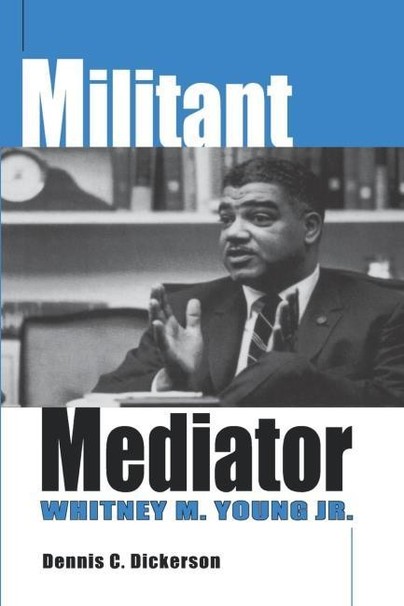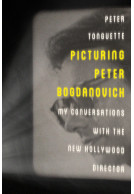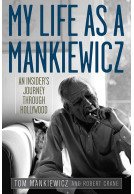Google Books previews are unavailable because you have chosen to turn off third party cookies for enhanced content. Visit our cookies page to review your cookie settings.
Militant Mediator (Paperback)
Whitney M. Young Jr.
Imprint: University Press of Kentucky
Pages: 416
Illustrations: photos
ISBN: 9780813190815
Published: 1st February 2004
Script Academic & Professional
Pages: 416
Illustrations: photos
ISBN: 9780813190815
Published: 1st February 2004
Script Academic & Professional
This book will be reprinted and your order will be released in due course.
You'll be £27.00 closer to your next £10.00 credit when you purchase Militant Mediator. What's this?
+£4.99 UK Delivery or free UK delivery if order is over £40
(click here for international delivery rates)
Need a currency converter? Check XE.com for live rates
(click here for international delivery rates)
Need a currency converter? Check XE.com for live rates
During the turbulent 1960s, civil rights leader Whitney M. Young Jr. devised a new and effective strategy to achieve equality for African Americans. Young blended interracial mediation with direct protest, demonstrating that these methods pursued together were the best tactics for achieving social, economic, and political change.
Militant Mediator is a powerful reassessment of this key and controversial figure in the civil rights movement. It is the first biography to explore in depth the influence Young's father, a civil rights leader in Kentucky, had on his son. Dickerson traces Young's swift rise to national prominence as a leader who could bridge the concerns of deprived blacks and powerful whites and mobilize the resources of the white America to battle the poverty and discrimination at the core of racial inequality. Alone among his civil rights colleagues -- Martin Luther King Jr., Roy Wilkins, James Farmer, John Lewis, and James Forman -- Young built support from black and white constituencies.
As a National Urban League official in the Midwest and as a dean of the School of Social Work at Atlanta University during the 1940s and 1950s, Young developed a strategy of mediation and put it to work on a national level upon becoming the executive director of the League in 1961. Though he worked with powerful whites, Young also drew support from middle-and working-class blacks from religious, fraternal, civil rights, and educational organizations. As he navigated this middle ground, though, Young came under fire from both black nationalists and white conservatives.
Other titles in University Press of Kentucky...















